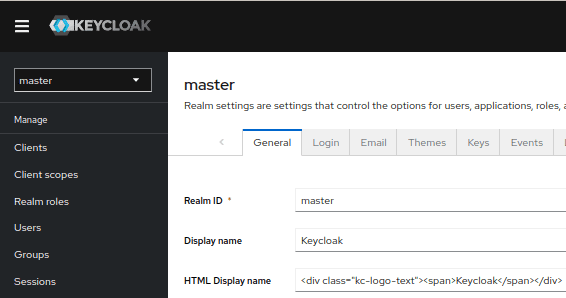
Keycloak, a widely used open-source solution for authentication and authorization, has released important security updates addressing multiple vulnerabilities. These flaws, which could open the door for denial of service attacks or expose sensitive data, have been patched in versions 22.0.10 and 24.0.3. Administrators using affected Keycloak versions are urged to update immediately to mitigate these risks.

Key Vulnerabilities Patched
- CVE-2024-1249 (CVSS 7.4): DDoS Vulnerability A flaw in the ‘checkLoginIframe’ feature could be exploited to launch Distributed Denial of Service (DDoS) attacks. Attackers could send unvalidated cross-origin messages, potentially overwhelming Keycloak instances.
- CVE-2024-1132 (CVSS 8.1): Path Traversal and Information Exposure Insufficient validation of redirection URLs could allow attackers to construct malicious requests, potentially gaining access to unauthorized information or performing further exploits. This primarily affects installations using wildcards in redirect URIs.
- CVE-2024-2419 (CVSS 7.1): Path Traversal and Impersonation Similar to a previously patched vulnerability, a flaw in Keycloak’s redirect URI validation could allow the theft of access tokens. This enables attackers to impersonate legitimate users.
Impact and Recommendations
These vulnerabilities highlight the importance of staying vigilant with software updates, even for trusted open-source solutions like Keycloak. Failure to patch could leave applications and sensitive user data at risk.
Here’s what you need to do:
- Identify Affected Versions: Check if you are running any Keycloak versions below 22.0.10 or 24.0.3.
- Update Immediately: Apply the available patches (22.0.10 or 24.0.3) as soon as possible. Refer to the Keycloak website for detailed guidance.
- Monitor for Additional Advisories: Stay aware of security updates from the Keycloak project to ensure your deployment remains protected.